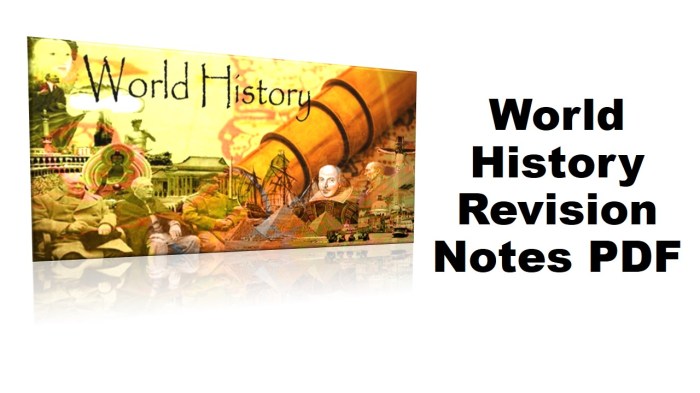Mastering the TEKS in World History provides educators with a comprehensive guide to effectively teach and assess students’ understanding of world history. This guide offers a thorough analysis of the content, pedagogical strategies, and assessment techniques necessary for TEKS mastery, ensuring that students develop a deep understanding of historical events, concepts, and their global impact.
The TEKS (Texas Essential Knowledge and Skills) for World History serve as a framework for curriculum development and student assessment in Texas. By aligning instruction with the TEKS, educators can ensure that students acquire the essential knowledge and skills necessary for success in higher education and beyond.
Overview of Mastering the TEKS in World History

The Texas Essential Knowledge and Skills (TEKS) in World History are a set of standards that define the knowledge and skills that all students in Texas must master in order to graduate from high school. The TEKS are designed to ensure that students have a strong foundation in world history and are prepared to succeed in college and beyond.
Mastering the TEKS in World History can be challenging, but it is also an opportunity for students to develop their critical thinking skills, their understanding of different cultures, and their ability to see the world from multiple perspectives.
Challenges and Opportunities of Mastering the TEKS
- The TEKS are rigorous and cover a wide range of topics, from ancient civilizations to the present day.
- Students need to be able to think critically about history and to understand the connections between different events and eras.
- Students need to be able to read and write effectively in order to succeed in the TEKS.
- Mastering the TEKS can help students develop their critical thinking skills, their understanding of different cultures, and their ability to see the world from multiple perspectives.
- The TEKS can help students prepare for college and beyond, where they will need to be able to think critically and to communicate effectively.
Strategies for Effective TEKS Mastery, Mastering the teks in world history
- Start early and review regularly.
- Break down the TEKS into smaller chunks.
- Use a variety of resources to learn about world history.
- Practice answering TEKS-aligned questions.
- Get help from a teacher or tutor if needed.
Content Analysis of the TEKS: Mastering The Teks In World History

The TEKS in World History are divided into six strands:
- History of the Americas
- History of Europe
- History of Africa
- History of Asia
- History of the Middle East
- World Geography
Each strand is further divided into a number of sub-strands, which cover a specific topic or era in world history.
Key Concepts, Skills, and Knowledge
The TEKS in World History require students to master a number of key concepts, skills, and knowledge, including:
- The major events and人物 in world history
- The causes and consequences of major historical events
- The different ways that people have interacted with each other throughout history
- The different ways that people have organized themselves politically, socially, and economically
- The different ways that people have expressed themselves through art, literature, and music
Connections Between Different TEKS Strands
The TEKS in World History are designed to be interconnected, and there are many opportunities for students to make connections between different strands.
For example, students can study the history of the Americas and the history of Europe to see how the two continents have interacted with each other over time.
Students can also study the history of Africa and the history of Asia to see how the two continents have influenced each other’s development.
Questions and Answers
What are the key benefits of mastering the TEKS in World History?
Mastering the TEKS in World History provides students with a solid foundation in historical knowledge, critical thinking skills, and global awareness, preparing them for success in higher education and their future careers.
How can educators effectively differentiate instruction to meet the needs of diverse learners?
Effective differentiation involves tailoring instruction to meet the individual learning styles, interests, and needs of students. This can be achieved through varied instructional strategies, flexible grouping, and personalized learning experiences.
What role does technology play in enhancing TEKS mastery?
Technology can be a valuable tool for enhancing TEKS mastery by providing interactive learning experiences, access to diverse resources, and opportunities for collaboration and personalized learning.